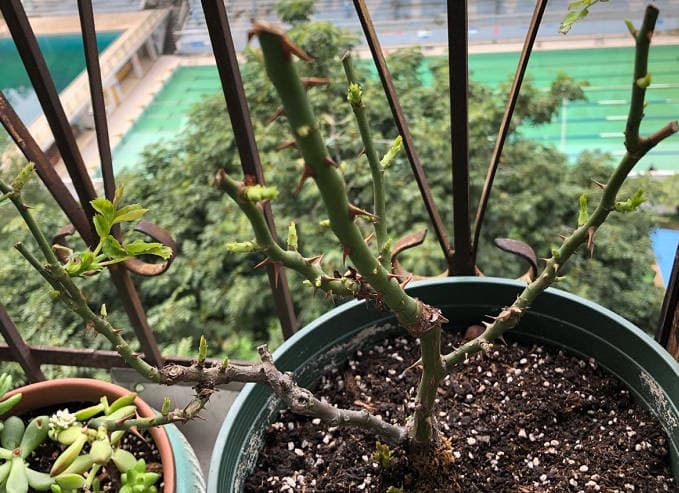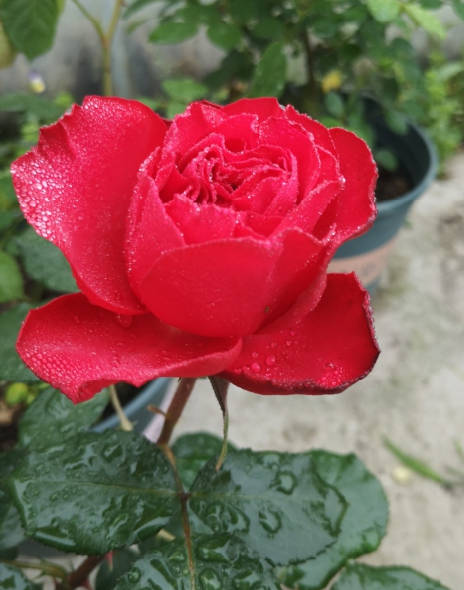How to Stop Aphids from Damaging Roses
Roses are loved for their beautiful flowers, but they are also known to be “potent” and susceptible to pests and diseases. If your roses have already begun to grow new branches, now is a critical time for pest control. Aphids, in particular, are particularly active this season. If you haven’t carried out a thorough garden clean-up over the winter, then your roses are likely to have been damaged by aphids and we need to take certain measures to stop them from damaging your roses.
Recognizing aphids
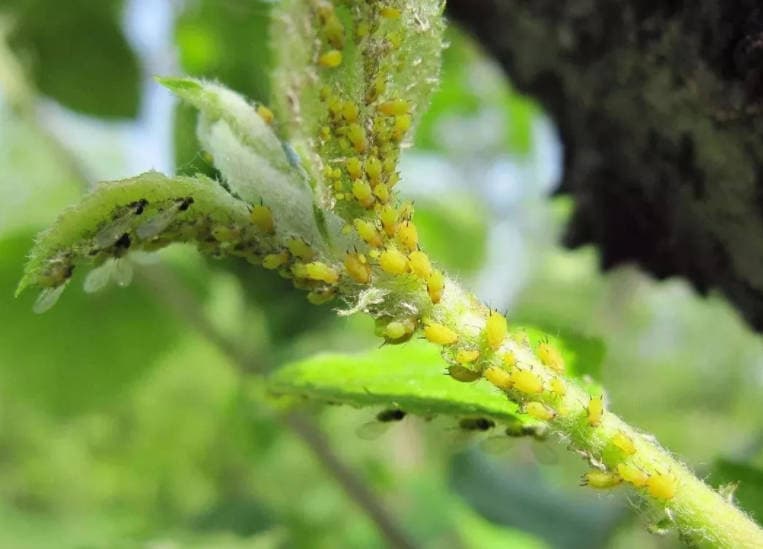
Aphids, also known as honey bugs, are a globally distributed pest and are considered one of the most destructive pests on the planet. They usually attach themselves to newborn branches and leaves and suck the plant’s sap, which not only hinders normal plant growth, but also leads to deformed leaves and flowers. In addition, the honeydew secreted by aphids attracts ants, which in turn protect the aphids from their natural enemies, creating a “symbiotic” relationship that leads to a rapid increase in aphid populations.
Aphids reproduce very quickly, and if they are not treated in a timely manner, their numbers will increase exponentially in a short period of time. Therefore, it is important to take action as soon as aphids are detected.
Methods of aphid control
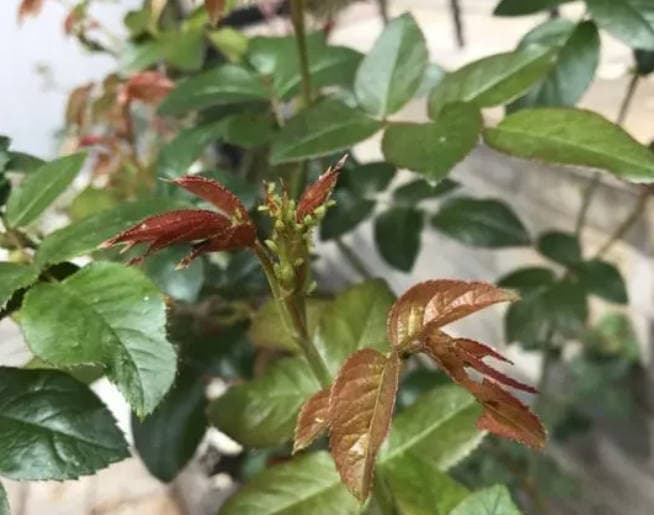
1. Use of chemicals
When the new shoots of roses grow to about 5 cm, it is recommended to spray the whole plant with bimetoprim. Barefly is systemic and can be absorbed by the plant, thus effectively preventing and killing aphids in order to stop damage to the rose. In the absence of aphids, beryllium will act as a preventative; if aphids have been detected, it will also kill the pests quickly. It is important to note that Barefly can only be used once a month. If aphids are found again in less than a month after using bimetoprim, you can switch to acetamiprid or pyrethroid insecticides.
2. Alternatives to indoor flower growing
For roses grown indoors, if it is not convenient to use chemical pesticides, you can try the following methods:
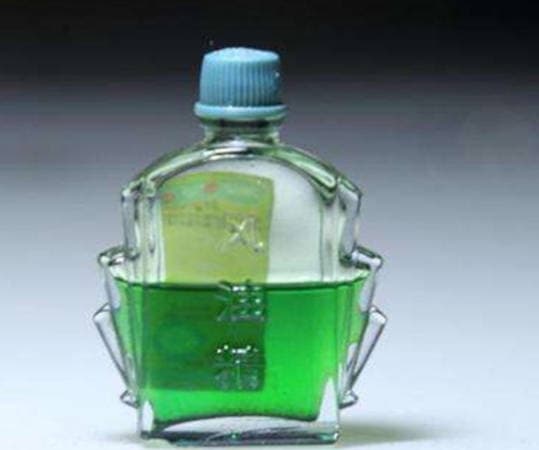
- Windex dilution: Diluting windex 100 times and spraying it on the leaves can help to repel insects.
- Little White Pill: This is a slow-release insecticide that can be buried shallowly at the edge of the pot. Small white pills will be absorbed by the plants to provide long-lasting insect prevention and killing effects, especially suitable for potted flowers.
3. Integrated Control
As the weather gradually warms up, in addition to controlling aphids, it is also necessary to prevent diseases such as black spot and powdery mildew of roses. When spraying aphid agents, you can add fungicides such as carbendazim or zinc diclofenac to treat aphids and prevent diseases at the same time. For roses grown indoors on a balcony, you can use both a small white and a small powdery mildew medication to prevent insects as well as to sterilize the plant and reduce the incidence of disease.
